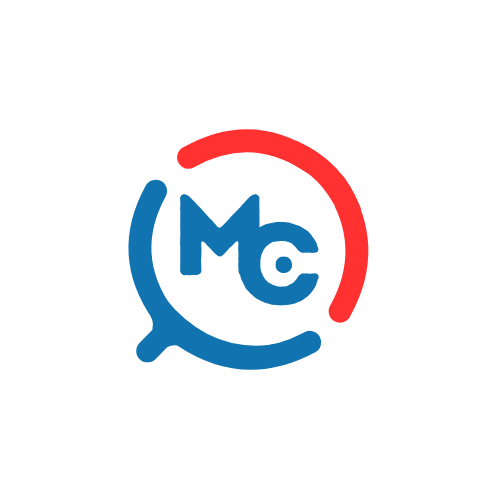MWCC participates in the CoSP Conference

MWCC has participated in the CoSP International Conference, organized by UNODC and the United Nations Global Compact. Both entities have called for greater private sector action to strengthen business integrity and fight corruption.
The United Nations Office on Drugs and Crime (UNODC) and the United Nations Global Compact called for greater private sector action to strengthen governance and anti-corruption efforts during the tenth session of the CoSP Conference.CoSP is the largest global anti-corruption gathering and the main policymaking body of the UN Convention against Corruption (UNCAC). This is the first year the event has included a Private Sector Forum to advance the global business integrity agenda by taking stock of achievements and challenges in implementing UNCAC and the Tenth Principle of the UN Global Compact.
The Tenth Principle of the UN Global Compact, underpinned by the UNCAC, was adopted in 2004 and commits participants of the UN Global Compact not only to avoid bribery, extortion and other forms of corruption, but to proactively develop policies and concrete programmes to address corruption internally and within their supply chains. Companies are also challenged to work collectively and join civil society, the UN and Governments to realize a more transparent global economy.
During CoSP, the UN Global Compact presented a Call-to-Action signed by more than 500 companies across the globe urging Governments to underscore anti-corruption and good governance as fundamental pillars of a sustainable and inclusive global economy and embrace them as important tenets of the 2030 Agenda for Sustainable Development.
At the Private Sector Forum, more than 200 participants, including business leaders, chief compliance and legal officers, sustainability, governance and business integrity experts, as well as key stakeholders from the public sector, civil society, academia and international organizations, explored how to commit to business integrity and how that commitment can be assessed by investors, customers and regulators through corporate sustainability reporting. Discussions also centered on addressing challenges posed by corruption in international investment and foreign direct investment, the role of gatekeepers in the global financial system, and realigning companies after corruption scandals.
Overall, the Private Sector Forum contributed to identifying emerging trends, showcasing good practices and highlighting key priorities to enhance corporate governance and tackle corruption in the private sector.
Speaking about the importance of the private sector in addressing corruption, Sanda Ojiambo, CEO and Executive Director of the UN Global Compact said: “The enormous, ongoing fight against corruption requires targeted, sustained and collective action. At this Private Sector Forum, business leaders and many diverse stakeholders have considered the dangers that corruption presents for companies, economies, and the entire global community. Together, we must champion ethical business practices throughout business operations, including through partners and supply chains, and in the communities we serve. We must remain united against corruption.”
Practical tools were released during the Private Sector Forum to guide business action on integrity:
- Draft for consultation: A Resource Guide on State Measures for Strengthening Business Integrity by UNODC, the UN Global Compact and the Organisation for Economic Co-operation and Development (OECD);
- The handbook “Towards Building a Road of Integrity: Perspectives of Business Integrity and Compliance” by UNODC;
- The Transformational Governance Corporate Toolkit, by the UN Global Compact to support businesses in adopting an expanded approach to governance.




